Vinyl to Virtual: Decentralizing the Music Industry
“No matter what happens, music is spiritual, human, intimate, and personal. The rest is just innovation and monetization.”
Her recent appearance on The Indie LA Experience Podcast opened our eyes to the concept and possibilities for artists to own and monetize their IP with the use of Web 3.0 tools and Blockchain Technology. Born and raised in Los Angeles Losa Meru dove into the film industry and her directing career with a splash before honing in on her true passion - Music. With technology changing industry standards at a record pace, we had to revisit the virtual world with Losa to find out more.
Let’s continue the virtual journey we started on the podcast! What are some of the key tools you are utilizing in that space right now and how do you see yourself leveraging it in the future?
I’m releasing my debut EP this year, and I’m planning to release on both streaming platforms and web3 music platforms. The space moves so rapidly so it’s hard to keep up, but there’s endless innovation in that world. One aspect I’m really interested in is the limited edition and “collecting” culture of web3 music. I definitely want to experiment more with that once the time comes. I think the general public scoffs at the idea of paying for digital goods, but it’s the ethos of supporting artists and claiming that you’re the first one to do so where web3 music shines. If you’re a music lover, you collect CDs, band t-shirts, setlists, vinyl records, limited edition posters, the drumsticks that get thrown into the audience after a show. What does that kind of devotion and passion look like to support an artist digitally? That’s where I think blockchain technology can be really cool. There’s public receipts for everything!
How do you see or hope to see the music industry evolve in the next 5 years? What problems do you think Web 3.0 can solve for artists specifically or possibly even create?
No matter what happens, music is spiritual, human, intimate, and personal. The rest is just innovation and monetization. That being said, I think a solve that web3 has for the music industry is being able to choose the revenue splits through smart contracts. Funds can go directly to those that worked on a project, and it’s an intentional decision. There are also ways for listeners to “invest” in an artist’s music and receive a share of their revenue by collecting. So that’s cool!
I don’t know how the industry is going to evolve exactly, but I stay optimistic in believing that at the end of the day, people want to hear good music that makes them feel something. And artists want to create good music that gets heard. I would hope that the music industry can keep that ethos at the forefront as it changes.
What is the biggest hurdle you've had to overcome in your creative career?
Myself. Calling myself a creative, a musician, and an artist. I’ve had to learn how to navigate what that means to me personally before really being able to own it.
Also, I have to mention finances. I’ve spent a lot of time building a healthier relationship with money and believing that I can have abundance. It’s very difficult to be creative when you feel like you’re in survival mode, and it took me awhile to find the financial balance, especially living in Los Angeles. I’m still navigating that financial balance.
Did You Miss The Podcast? Check Out Season 2 Losa Meru “Innovative Mindset”
Born and raised in LA, what would you say are some of the biggest positive or negative changes you've witnessed in the Los Angeles and it’s creative community?
I was born in downtown LA but grew up in the San Gabriel Valley, so I feel like both a city girl and a suburbs girl at the same time. I love this city. One of my favorite underrated feelings is leaving LA so that I can return to LA and re-appreciate how unique it is.
People move here all the time and the city is always changing. Gentrification is a real thing too; I’m glad people want to live in LA, as long as there is respect for and awareness of the diverse communities that already exist here. There’s so much culture and history to experience and absorb.
I think the creative community here is massive too; there’s really something for everyone. It takes awhile to find your people, but once you do, there’s endless opportunities for creativity and fun. It’s important to be discerning about who you trust, who you surround yourself with, and what your goals are. Without that focus you can easily get lost in the noise.
With all the opportunity and tools available for artists to create, produce, publish and promote their own work now, what does success look like to you?
Success to me is making my younger self extremely happy by making music I would actually want to listen to. That indescribable feeling when you hear a song or listen to an album that feels like it understands you and moves you—I’d consider that a success if my art can do that for someone else. Also, I'd love to tour the world performing my music. Then I'll know I'm really doing it.
What can we look forward to seeing from you this year?
I’m working on my debut EP right now with a talented producer and I’m really loving the process. I can’t wait to share it with you all later this year!



